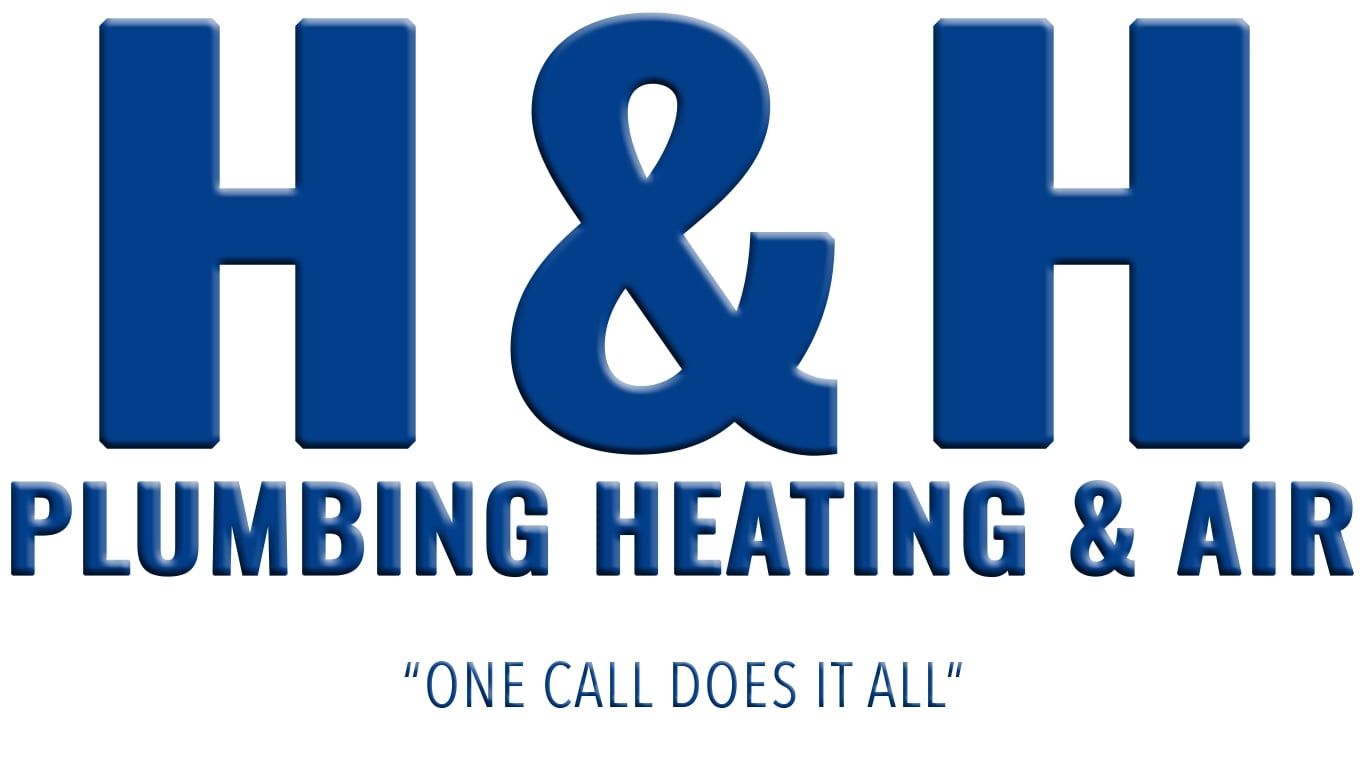Tips for Plumbing Preventive Maintenance
Preventive maintenance, in general, is the practice of carrying out regular planned maintenance tasks to lessen the likelihood of future unanticipated breakdowns. Simply put, it involves making repairs before anything breaks. Preventative maintenance for your home's plumbing is more intended to shield it from becoming a significant, or even disastrous, issue in the future. One instance is a burst water pipe, which might seriously harm your home.
Like the majority of things, your home's plumbing needs routine maintenance to keep everything operating smoothly and in good condition. The plumbing system will ultimately begin to malfunction without regular maintenance and repairs, which might cause serious issues. Seeking a preventative measure is almost always much less expensive and stressful than searching for a remedy. The solution is preventative plumbing maintenance, which every homeowner should think about arranging with their plumbing professional.
The sense of security that comes from knowing that everything is in order with your plumbing system is what you want to get out of preventive plumbing maintenance the most. Preventative plumbing maintenance may possibly save you a great deal of money in the long run by preventing expensive repairs, which extend beyond the plumbing system itself to other components of the house.
Useful Advice for Preventive Maintenance You Can Do Yourself
You may prevent plumbing difficulties by being aware of the issues and carrying out preventative maintenance. It's crucial to take action to stop tiny issues from growing into bigger ones in order to save money and maybe avoid a hefty plumbing expense. Thankfully, maintaining your own pipes is simpler than you would imagine. Here is a collection of plumbing maintenance advice to maintain your system in good working order.
- Check for dripping showerheads and faucets - This can result in significant water waste, which could raise your bills. A leaky faucet or showerhead might worsen over time if you don't fix it. These issues may result in water damage. Regularly inspect your faucets for leaks and fix them as necessary to avoid issues. When the handles are in the off position, examine and make sure that there isn't water dripping from the handles. Also, look under the sinks for water stains or drips.
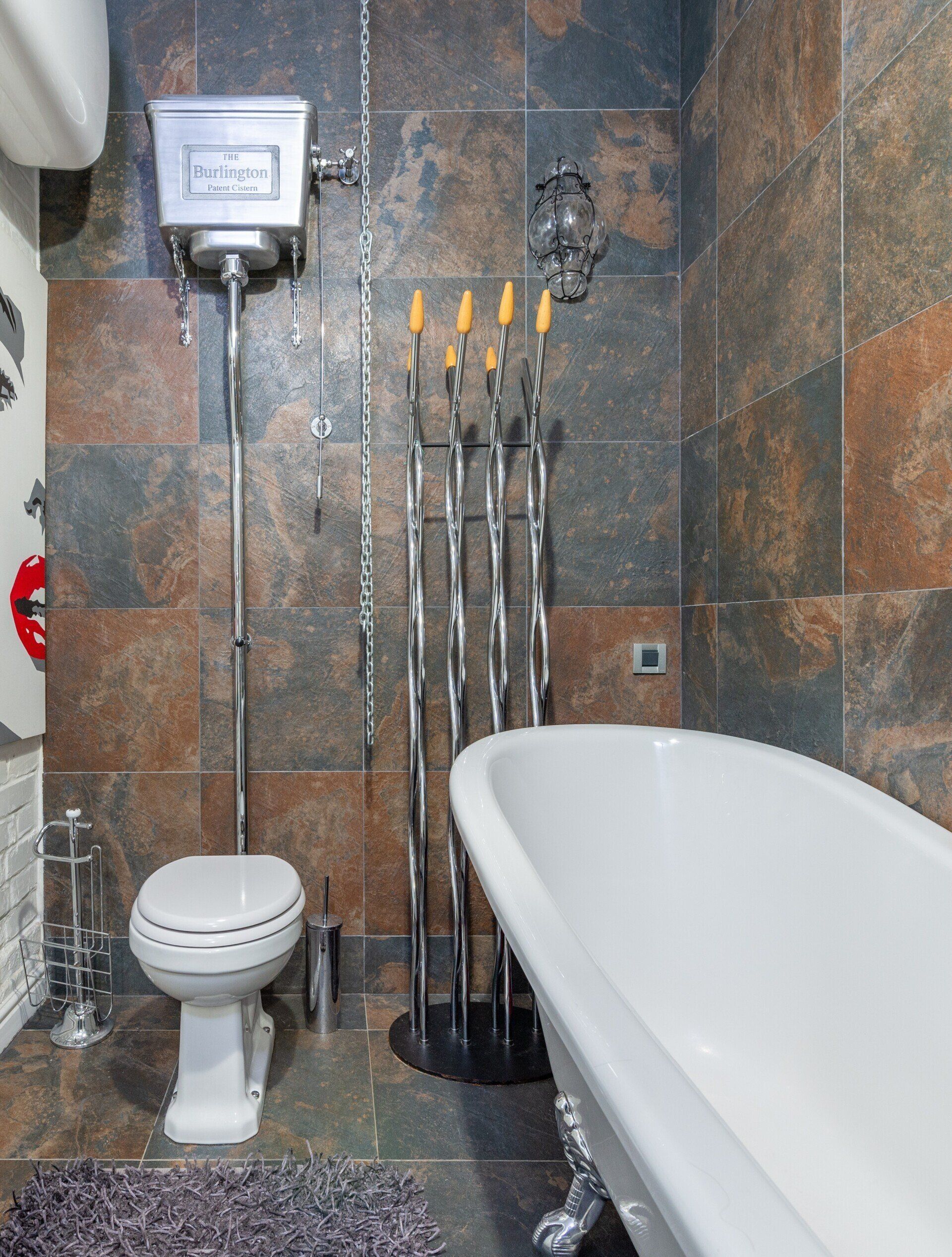
- Look for slow-running drains - Drains that take a long time to empty may indicate more serious issues. Try flushing your drains with vinegar and hot water solution if they're flowing slowly. If they continue to move slowly, you could have an obstruction and need to contact a specialist. Using chemicals or force to remove a blockage might result in damaged pipes and more serious problems.
- Inspect any exposed pipes and appliance hoses - A leak might originate from your waste disposal, fridge, or water heater. Take a look at any manufacturer's instructions for caring for your appliances. Keep an eye out for any obvious leak indicators, such as water stains on the walls or ceilings, or water pools. Be cautious of mildew as well. If a leak does occur, installing a drip tray below your dishwasher and washing machine might help contain the damage.
- Examine your toilet - Even though people use your toilets day in and day out, you don't typically remove the tank lid to look inside it. It's a good idea to check the supply line, fill, supply, and flush levels for damage and functionality. Your toilet may occasionally run even when it is not flushed if the seal around the valve seat is damaged. Around the valve seat and flapper, muck will accumulate over time. The flapper won't be able to fully seal because of this sludge, which will result in the water still running. Toilet leaks might be undetectable, but the water they waste can be expensive.
- Don't just flush or pour anything down the drains - The fact that so many objects can be flushed down toilets and drains is an issue. Being cautious about just what you flush or pour down your pipes is the simplest approach to start preventing issues with them. Other than toilet paper and human waste, avoid flushing anything else. Anything potentially reactive should not be poured down the drain too.
- Test the water pressure - Test the water pressure gauge in your house. Your plumbing system will experience extra pressure if the setting is set too high. To keep your pressure under control, make sure your regulator is working properly.
- Examine your toilet - Even though people use your toilets day in and day out, you don't typically remove the tank lid to look inside it. It's a good idea to check the supply line, fill, supply, and flush levels for damage and functionality. Your toilet may occasionally run even when it is not flushed if the seal around the valve seat is damaged. Around the valve seat and flapper, muck will accumulate over time. The flapper won't be able to fully seal because of this sludge, which will result in the water still running. Toilet leaks might be undetectable, but the water they waste can be expensive.
- Don't just flush or pour anything down the drains - The fact that so many objects can be flushed down toilets and drains is an issue. Being cautious about just what you flush or pour down your pipes is the simplest approach to start preventing issues with them. Other than toilet paper and human waste, avoid flushing anything else. Anything potentially reactive should not be poured down the drain too.
- Test the water pressure - Test the water pressure gauge in your house. Your plumbing system will experience extra pressure if the setting is set too high. To keep your pressure under control, make sure your regulator is working properly.
- Regularly have your septic and sewer systems inspected - Knowing how your lines are laid out can help you look for root systems that might potentially harm your sewer lines. Having your sewer pipes frequently snaked would be a preventative strategy to avoid clogs. Septic tank pumping should be considered an essential component of management.
Preventative plumbing maintenance can keep you from experiencing a serious plumbing issue. You may save money by planning out your home's preventative maintenance. You may prevent a serious plumbing issue by doing preventative maintenance on your plumbing. While certain repairs can be performed without professional assistance, others definitely would.
Our plumbers at H&H Plumbing Heating & Air can do preventative maintenance on the plumbing system in your house. Or, if you run into a problem while completing your plumbing examination, our experts can provide first-rate service in response to your need for assistance the same day. For years, we have provided efficient and excellent service to clients in both the residential and commercial sectors. Program a plumbing maintenance schedule today and enjoy the assurance that your plumbing system is in top shape. Don't forget to give us a call at
(785) 263-1339 if you need a repair or assistance with maintenance.
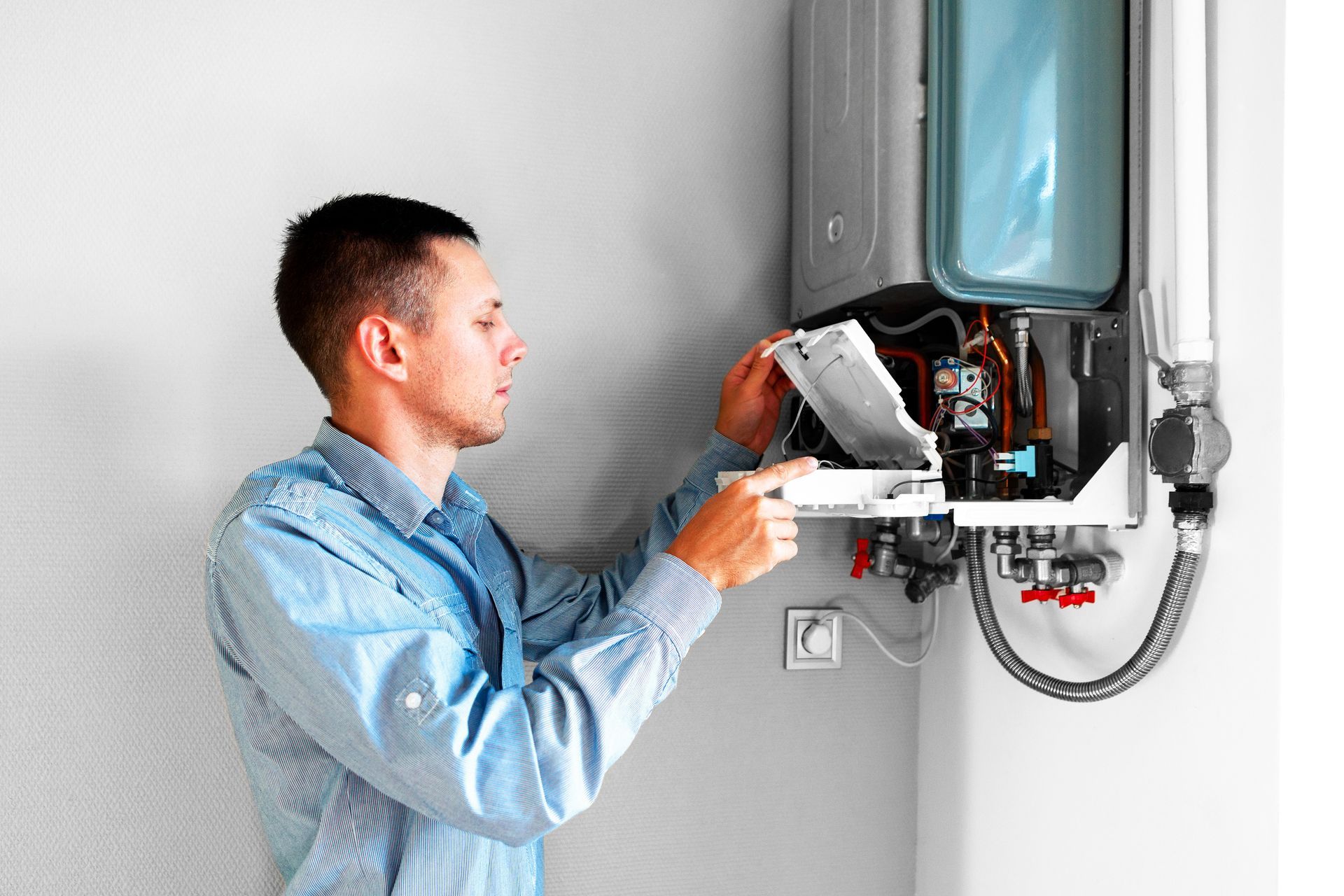

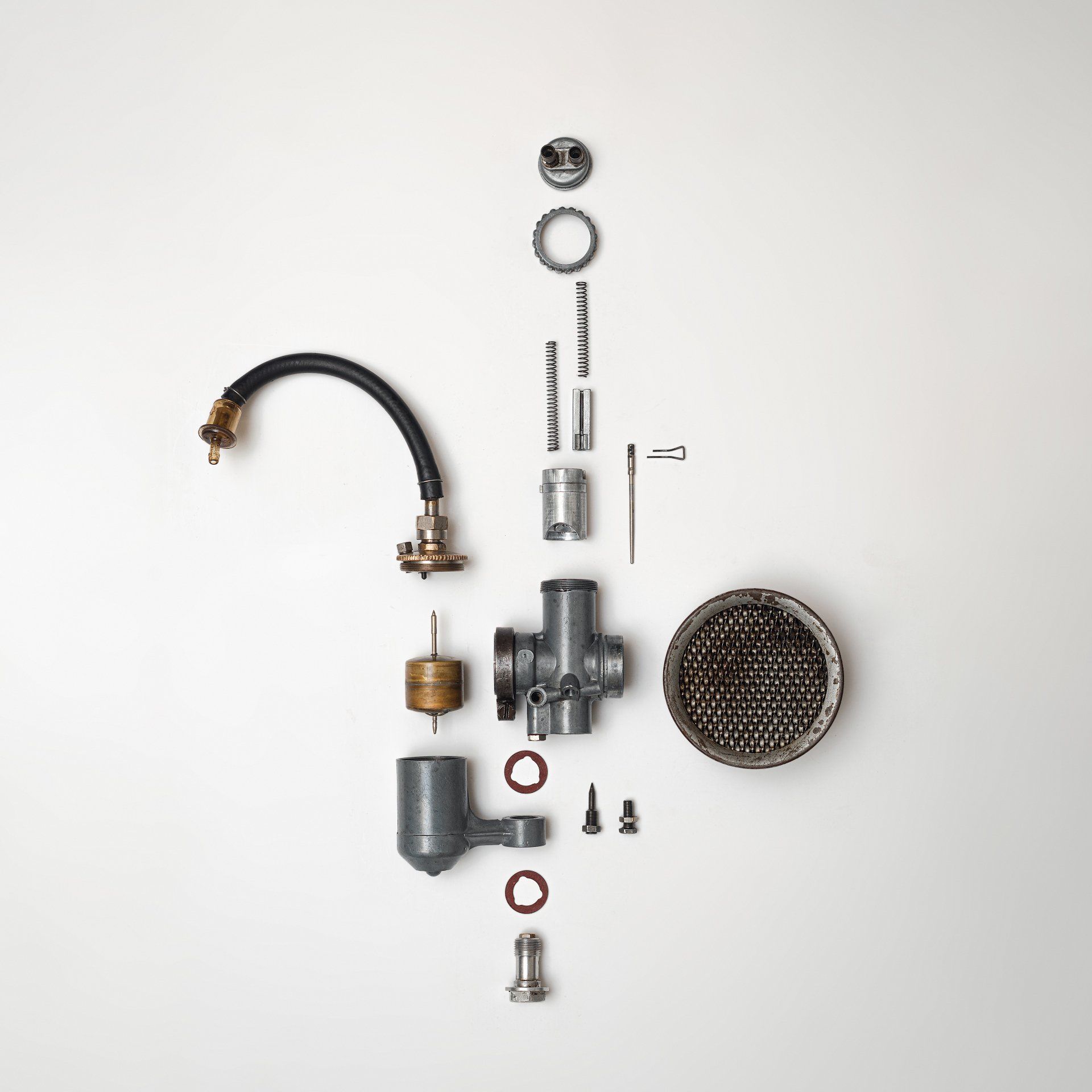
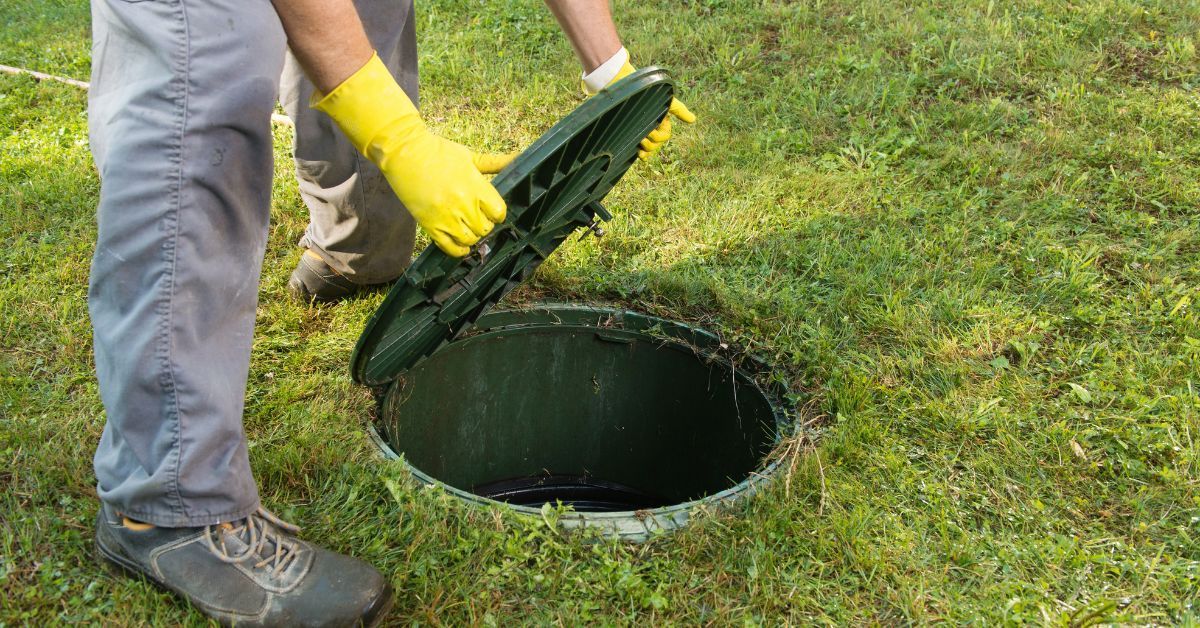
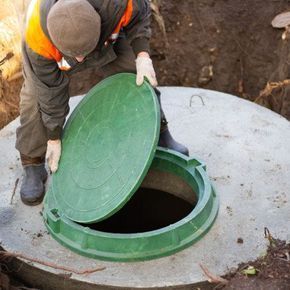
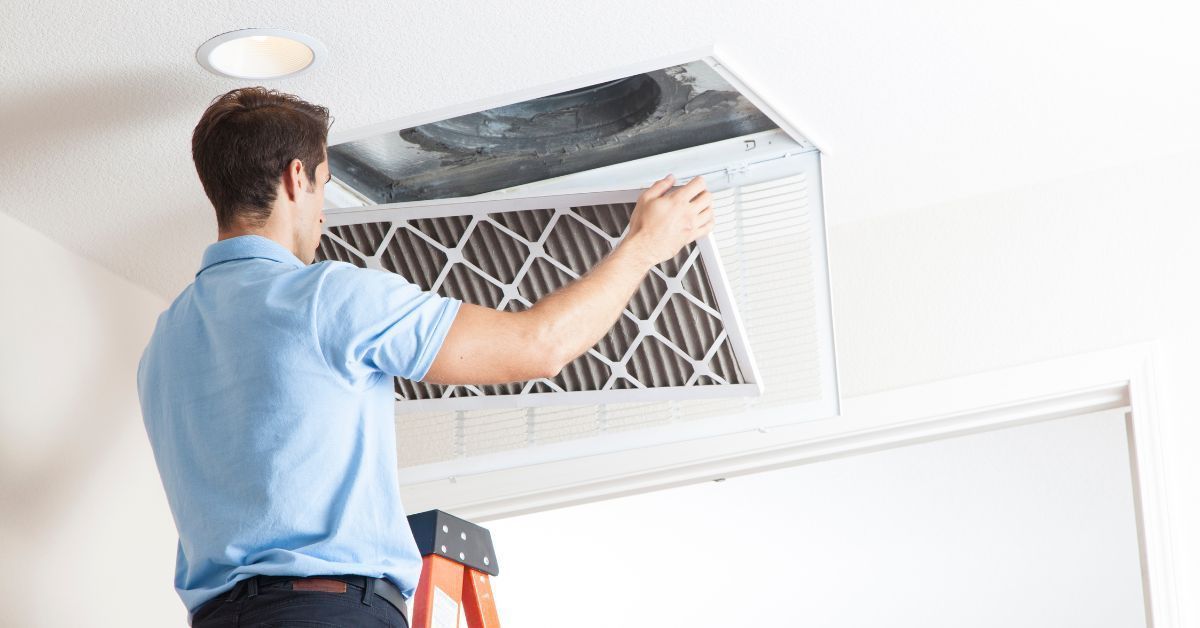

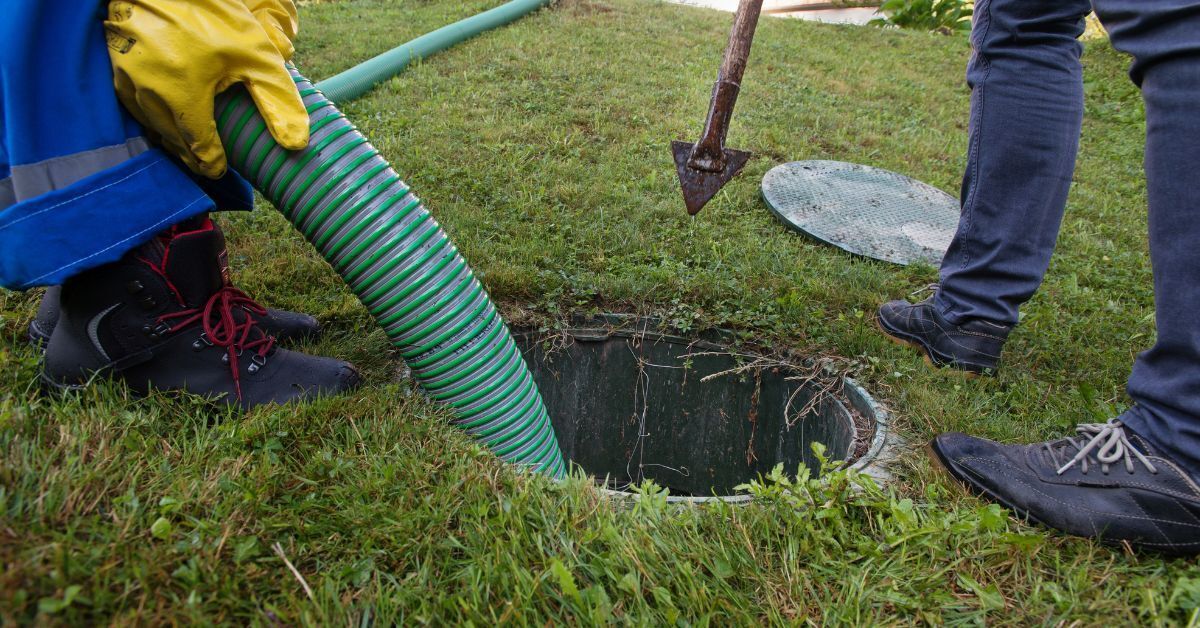
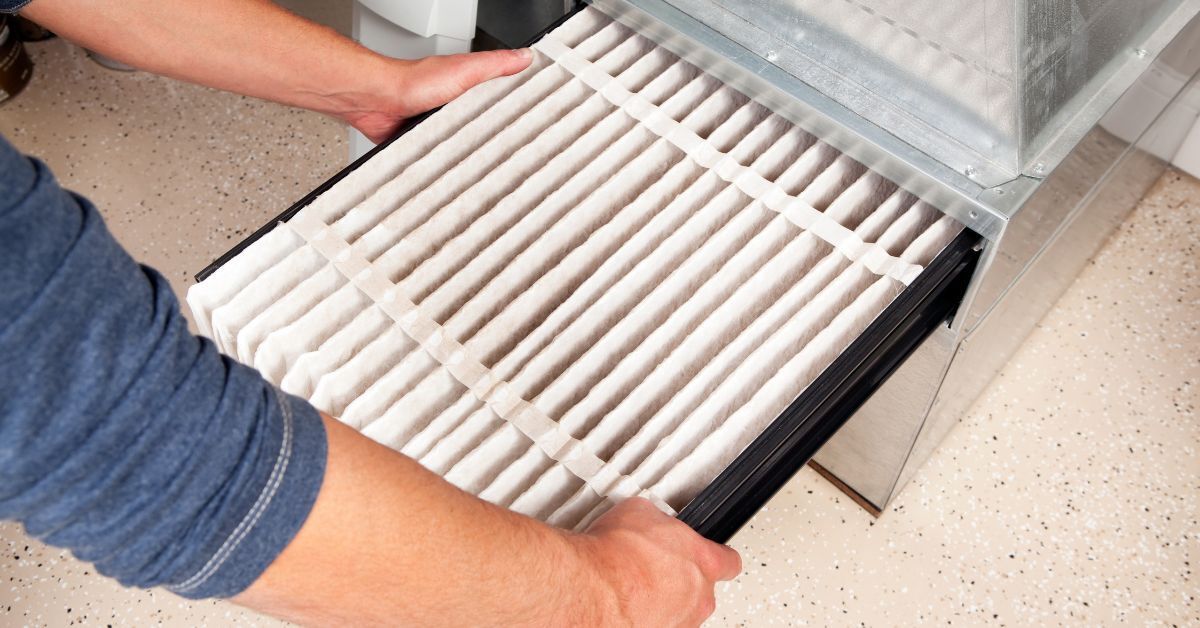
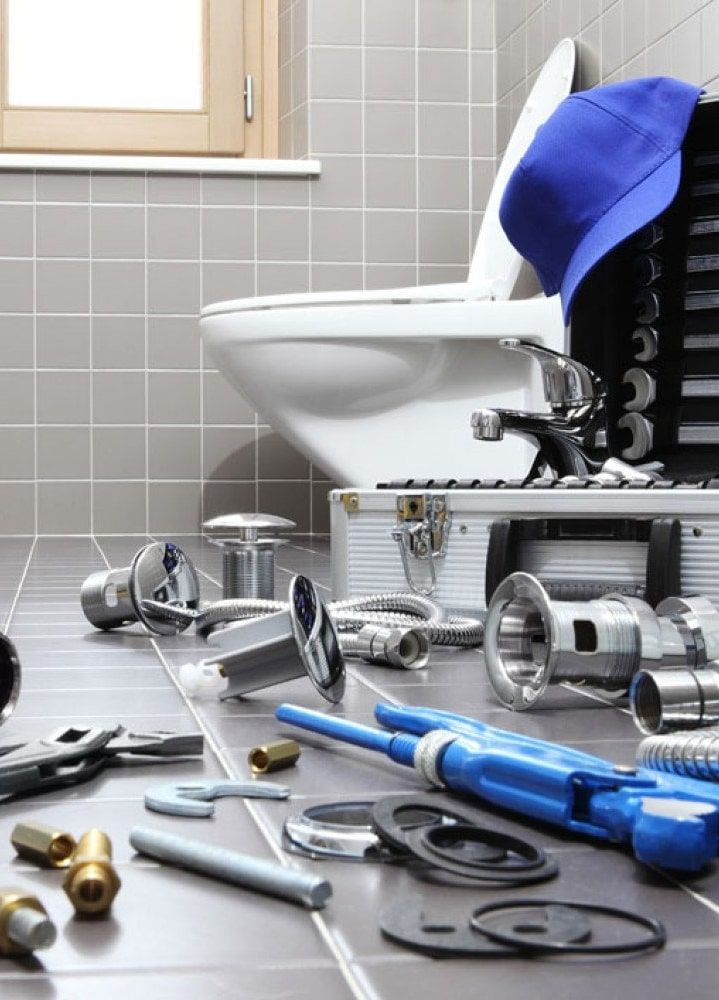
Copyright © 2024 H&H Plumbing Heating & Air, all rights reserved.
Abilene, KS 67410 (785) 263-1339
